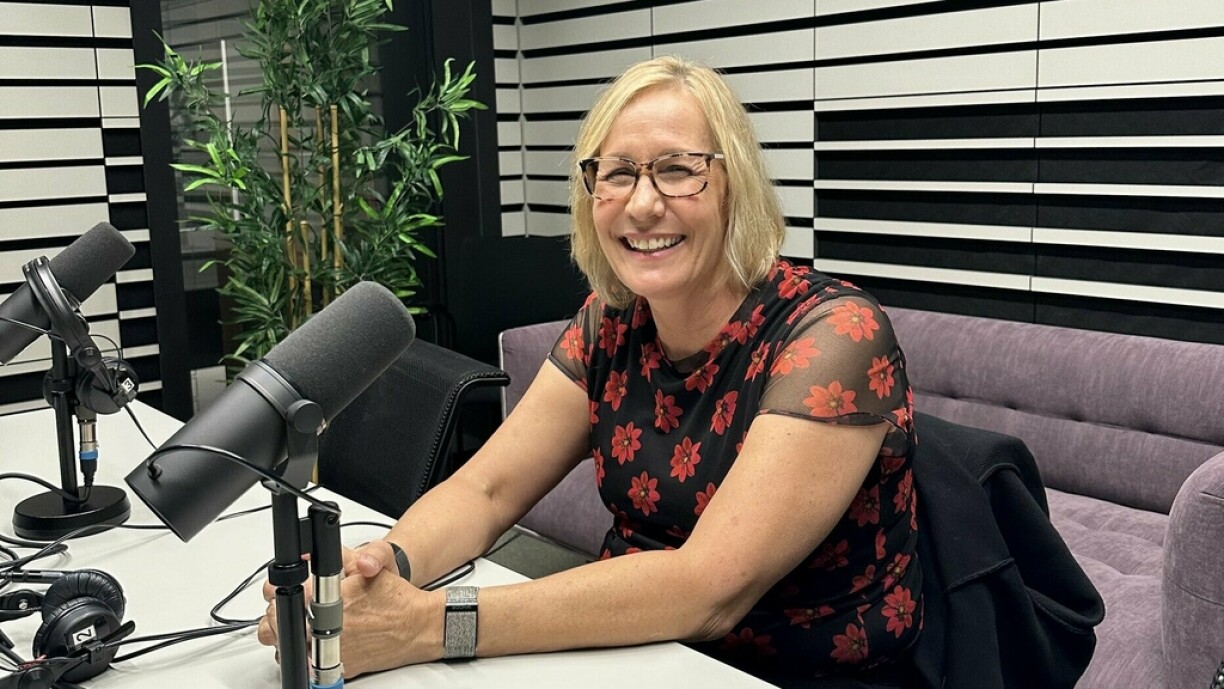
Last week, my son, who is nine, had a friend over. He was showing us a ‘persuasive text’ he had to write for school about why sprinting is good for you. One of his reasons was that sprinting reduces body fat, and fat people are more likely to get bullied. His little friend said “Oh. That must be why I am getting bullied. Because I am fat.”
That child is not even remotely fat. I was pretty saddened and a little shocked. Like really? Already? Here we go with body image issues and it’s not even puberty! Then the other day, I was on LinkedIn, checking out a contact. His most recent post was from when he had to rush his son to the emergency room. His diagnosis: Anorexia.
I’d like to point out that this child isn’t yet a teenager and is a boy. In light of both of those events, I thought it would be a good time to do an episode on understanding eating disorders in our kids, and what the resources are here in the Grand Duchy.
In this episode of Mom Life in Luxembourg, I sat down with The Global Dietician, Diana Reid, Master of Public Health (MPH), Registered Dietitian-Nutritionist (RDN) to talk about eating disorders, disordered eating in our kids and what the resources are for parents here in Luxembourg.
Contrary to common belief, eating disorders don’t only affect young, thin girls. They can impact people of all genders, body types, and ethnicities. While social media has pushed body positivity to the forefront, it has also intensified body image pressures, leading to a rise in disordered eating behaviours.
One of the biggest predictors of an eating disorder is dieting and rapid weight loss. While dieting may start as a seemingly harmless effort to ‘get healthy’, it can trigger neurological changes in the brain, leading to obsessive thoughts and behaviours around food. When the brain is deprived of adequate nutrition, its ability to function logically is compromised, making it difficult for individuals to recognise their own declining health.
In this episode, Diana shares what to look out for as parents, how to approach the subject with your kids, and what the resources are here in Luxembourg if you’re an English speaking parent who needs help or more information (including what is and is not covered by CNS). She also gives tips on how to make your home environment a body positive one, with a healthy food culture. She recommends making all foods neutral, and avoiding commenting on children’s bodies in general.
The number one piece of advice she wants to give for parents struggling with this at home is: it’s not your fault. In the show she also shares some great books, as well as a free online screening tool and the DSM definitions of various eating disorders. These are all listed in the show notes. I hope you can give it a listen and share with anyone you think might be helped by this.
With Global Dietician, Diana Reid
You can reach Diana at The Global Dietician, and if you’d like to reach me, you can find me on social media @momlifeinluxembourg.